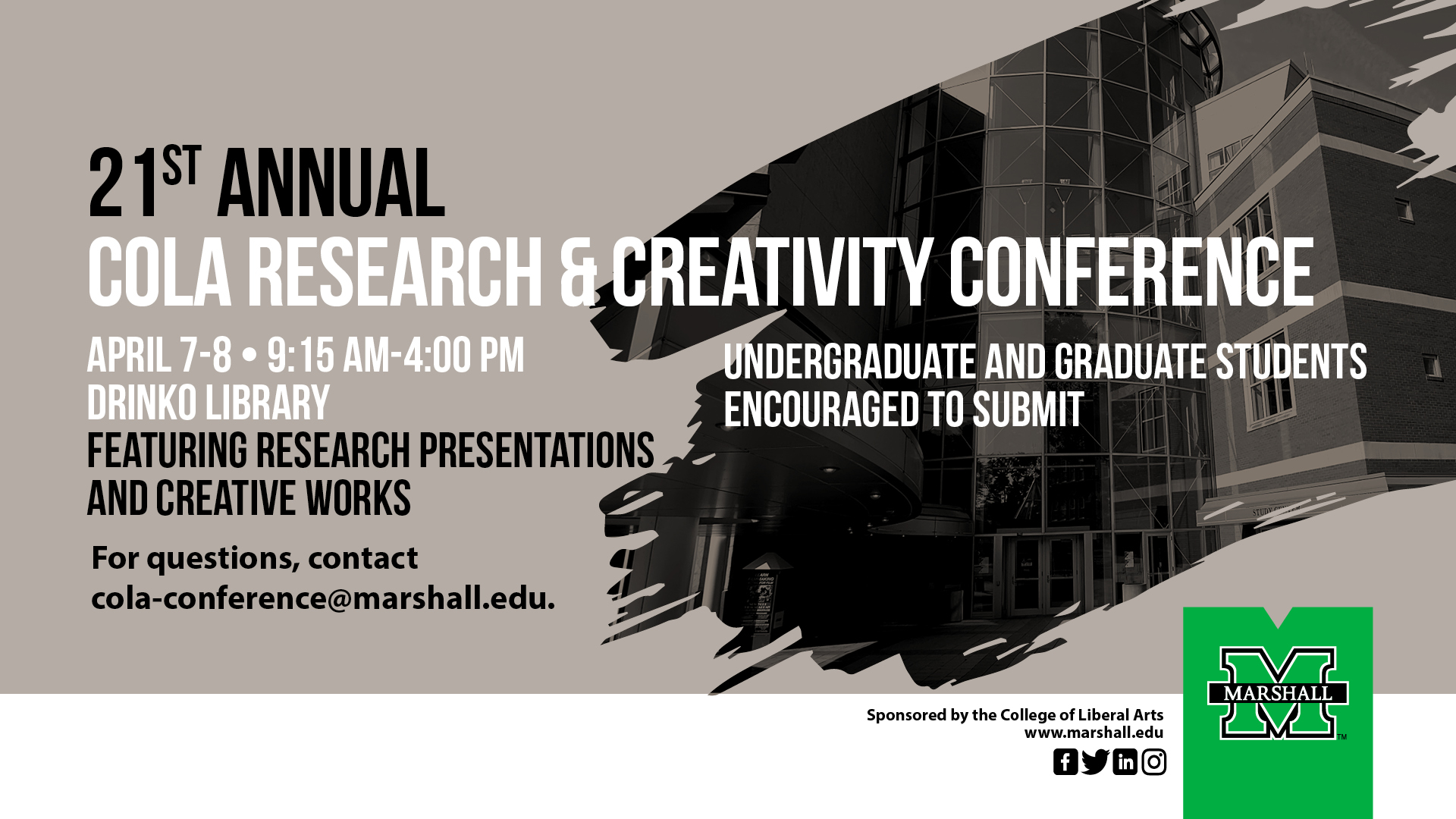The Golden Age of Spanish Literature - in Film
Document Type
Poster Presentation
Keywords
Spain, Literature, Film
Biography
Considered by many to be the most outstanding period of Spanish Literature, the “Golden Age” of Spanish literature included works from the likes of Miguel Cervantes, Lope de Vega, Calderon de la Barca, and more. In this capstone, I will analyze the works of these great writers through films based on their literature. This will allow me to better understand these works, as well as help me learn more about the relationship between literature and cinema.
Major
Spanish Language and Civil Engineering
Advisor for this project
Rosario Quintana Villamandos
Abstract
The Golden Age of Spanish Literature was one defined by the works of many great authors, such as Miguel Cervantes, Calderon de la Barca, Lope de Vega, and more. Although the scope of the literature written by these authors is immense, the majority of the information related to these works is characterized by realism, chivalry, and the exaggerated tropes of a quest for a virtuous life. This project will be an evaluation of these characteristics as they relate to the literature in which they are found, done through an evaluation of the works in a more modern media: film. In doing so, this work will aim to better understand the works as a whole, and furthermore, better describe the relationship between literature and cinema as they relate to historical tales. Perhaps the most relevant and well-known work from this time period, Don Quijote de la Mancha by Miguel Cervantes, will be the first work through which the relationship between the original literature and film will be evaluated. Next, the work of El Alcalde de Zalamea by Calderon de la Barca will be compared against a more modern interpretation of its story in film. This will be followed by the same analysis of Fuenteovejuna by Lope de Vega, and finally El Capitan Alatriste by Arturo Perez, a 20th-century author with a modern take on a tale set in historical Spain. Along with these works, others will be discussed as they relate to film in the modern age throughout the project.
The Golden Age of Spanish Literature - in Film
The Golden Age of Spanish Literature was one defined by the works of many great authors, such as Miguel Cervantes, Calderon de la Barca, Lope de Vega, and more. Although the scope of the literature written by these authors is immense, the majority of the information related to these works is characterized by realism, chivalry, and the exaggerated tropes of a quest for a virtuous life. This project will be an evaluation of these characteristics as they relate to the literature in which they are found, done through an evaluation of the works in a more modern media: film. In doing so, this work will aim to better understand the works as a whole, and furthermore, better describe the relationship between literature and cinema as they relate to historical tales. Perhaps the most relevant and well-known work from this time period, Don Quijote de la Mancha by Miguel Cervantes, will be the first work through which the relationship between the original literature and film will be evaluated. Next, the work of El Alcalde de Zalamea by Calderon de la Barca will be compared against a more modern interpretation of its story in film. This will be followed by the same analysis of Fuenteovejuna by Lope de Vega, and finally El Capitan Alatriste by Arturo Perez, a 20th-century author with a modern take on a tale set in historical Spain. Along with these works, others will be discussed as they relate to film in the modern age throughout the project.



